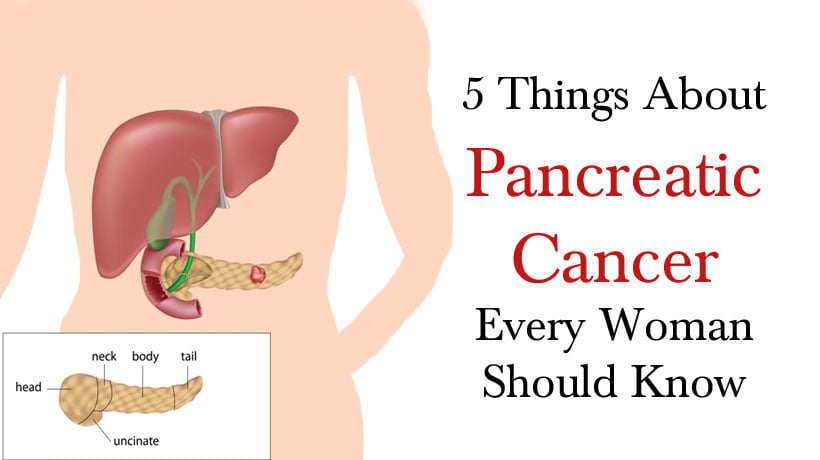Pancreatic cancer is one of the most lethal forms of malignant diseases, with an estimated 56,770 Americans receiving a diagnosis this year alone, says the American Cancer Society. This type of cancer accounts for nearly eight percent of all cancer-related deaths in the United States.
Signs and symptoms
The pancreas is a small organ in the abdomen that produces insulin and other important enzymes to promote digestion of food and the regulation of blood sugar. When cancer interferes with the proper functioning of the pancreas, it can cause:
- Extreme fatigue
- Back pain
- Appetite loss
- Sudden weight gain
- Itchy skin
- Blood clots
- Nausea
Risk factors
Although pancreatic cancer can affect anyone, it is more likely to be a risk for those who are:
- Older than 45
- Men
- Ashkenazi Jewish or African American
- Smokers
- Related to family members who have had pancreatic cancer
- Recipients of a genetic disorder that increase the risk of developing cancer (Lynch Syndrome, Li-Fraumeni syndrome (LFS), Familial adenomatous polyposis (FAP))
- Diabetic
Types of pancreatic cancers
Adenocarcinoma: This is the most common type of pancreatic cancers. It is an exocrine tumor, which means it starts in the exocrine cells of the pancreas, which produces enzymes that help digestion.
Acinar cell carcinoma: This type of cancer causes the pancreas to produce too much lipase, an enzyme that breaks down fat. It is an extremely rare exocrine tumor.
Intraductal papillary-mucinous neoplasm (IPMN) : This type of exocrine tumor might be benign, but runs the risk of becoming malignant, particularly if the growth starts in the main pancreatic duct.
Pancreatic neuroendocrine tumors (PNETs): These tumors, which are sometimes referred to as islet cell tumors (because these are the cells in which they grow), tend to develop slower than those that start in the exocrine cells. They can either produce hormones, in which case they are referred to as “functional,” or do not, in which case they are referred to as “nonfunctional”.
Sources:
https://www.nfcr.org/blog/pancreatic-cancer-need-know/?gclid=EAIaIQobChMIy5nxjYXE4gIVEq_ICh0bOQn6EAAYAyAAEgJFAfD_BwE
https://www.cancer.net/cancer-types/pancreatic-cancer/risk-factors
https://www.cancercenter.com/
https://www.pancan.org/facing-pancreatic-cancer/about-pancreatic-cancer/types-of-pancreatic-cancer/



